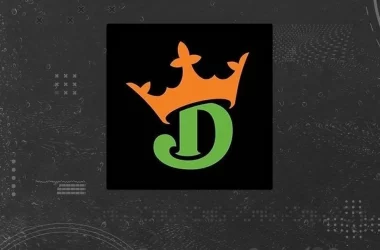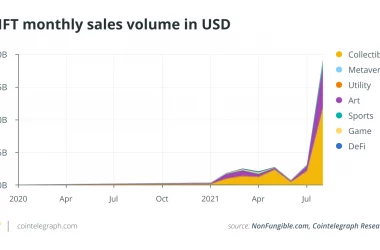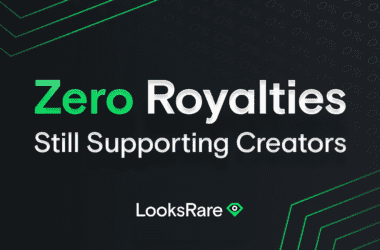Quick take:
- Bored Ape #5429 was purchased by 99_Vault for 0.1 ETH.
- The transaction occurred barely an hour after C3FC3F acquired it from Hip_Hop_VAULT for 95 ETH.
- NFT traders on Twitter think the transaction could have something to do with tax manipulation.
An NFT whale trading under the pseudonym 99_Vault just purchased Bored Ape #5429 for a measly 0.1 ETH. The NFT had only lasted barely an hour in the seller’s anonymous wallet C3FC3F.
The anonymous seller bought the Bored Ape NFT for 95 ETH from Hip_Hop_VAULT, who held it for over a year before cashing out for a profit of about 19 ETH.
The sale raised questions on Twitter with one NFT trader 0xSMV suggesting the seller may be trying to exploit a tax loophole. Another Twitter user CryptoSteven88 replied, “No… tax evasion. Selling to a burner for your own low bid is a felony if done purely to avoid taxes, not to fund a private wallet.”
Just as we head to the tail end of the 2022 tax year, taxpayers are exploring all legal avenues to lower their tax burden. Crypto has been one of the most spotlighted income sources by taxation authorities. So, it would explain why some NFT traders would think the transaction has something to do with taxes.
Last month, the US internal revenue services updated its draft instructions for the 2022 tax year, in which it changed the language around non-fungible tokens (NFTs), putting them under digital assets.
That change implies that NFTs will be treated like any other capital asset. This means that profits from the sale of an NFT would be subject to taxation. “If a particular asset has the characteristics of a digital asset, it will be treated as a digital asset for federal income tax purposes,” IRS wrote in the draft document.
But taxes are not the only possible explanation for what looks like an absolute steal for 99_Vault.
It is not unusual for NFT traders to gift NFTs to their friends. That is what Grizzle, another NFT trader thinks happened. “Selling to a friend is ok though,” he wrote, in a response to CryptoSteven88.
But CryptoSteven88 wasn’t convinced by that argument, adding “People have been in court for “selling” art at steep (99%) discounts to people. It’s incredibly difficult to prove that intention. This is tax evasion, and one of the clearest cases I’ve seen in a while.”
One of the biggest obstacles to bringing crypto and NFTs to the mainstream has been a clear lack of regulation. That’s why the IRS, the Singaporean government, Israel and India have all introduced measures to tax NFTs.
But if NFTs are treated like capital assets, doesn’t that imply that losses on sales are deducted from the total taxable income, thus lowering the tax burden?
If that’s the case, the owner of the anonymous wallet that sold the Bored Ape #5429 for 0.1 ETH will be claiming nearly $115,000 in tax advantage from one NFT.
****
Sign up to the world’s biggest crypto exchange Binance to buy and sell cryptocurrencies.
Stay up to date:





